|
Yes, our ice cream also came with a tiny flag. As much as I love my job—and believe me, I do—one of the drawbacks is that I seldom travel without some sort of agenda. I’m always scouting out what’s new, always looking for an angle or trend. And as rewarding as finding that obscure insider tip or just-opened Michelin-spangled extravaganza is, there are times where I miss the luxury of ordering the same dish at the same homey spot three days in a row just because I feel like it. So when, on one particularly harried July afternoon, a rather lovely couple I know could not stop talking about their vacation to Greece, something clicked. There were dolphins! They had gained kilos from all the amazing food! Everything was so beautiful and so easy and so cheap! It took about five minutes of looking at their vacation photos before my boyfriend and I had the same idea. All sorts of respectable publications had stressed that now was the time to go. And given the cratered financial situation, we rationalized that it was more or less our duty as concerned world citizens to go drop a few euro into the economy. A couple hours later, our tickets to Thessaloniki were booked. On SartiA word for the slavishly trendy: this is not one for you. Situated on one of the Sithonia peninsula, Sarti is a speck of a coastal town with roughly a thousand inhabitants. Sleepy doesn’t even begin to describe these potholed streets lined with no-frills guesthouses and B&Bs. Popular with eastern European and Greek tourists, it resembles a resort town of yesteryear. Sleek boutiques and fashionable eateries are nowhere to be seen, and the buzziest nightlife spot is named—I am not making this up—Baradise. It serves two wines, a white and a red, both of which come in tiny bottles proudly announcing that they are “made of many kinds of Greek and foreign grapes.” Fortunately none of this matters, because the scenery is so stupefyingly stunning that no one cares. The water is that shade of neon teal that most resorts advertise, but rarely deliver. The pine-fringed coastline is rough and rugged in all the right ways. There are pods of dolphins that leap and dance, though we were some of the only guests at the resort who didn’t see them. Mount Athos at sunset. On a clear day (i.e. every day this time of year) you can see the outline of Mount Athos in the distance. This holy site is the resting place of one of John the Baptist’s many hands and has been a monastic center since 1054 A.D. Local legend has it that the Virgin Mary once visited the place disguised as a beggar woman and that after she left, the olive oil barrels overflowed. Considered an independent entity, visitors are required to apply for a special visa to enter. Women have been forbidden for centuries. Intriguing as that is, what hooked me was the cooking, which is the simplest and best kind. Grilled octopus tentacles, mussels in a creamy tomato-feta sauce, grilled halloumi, tomatoes tasting of nothing but sun, salt and oil. Our local taverna would never grace the cover of any magazine, but it was made with obvious pride. Which brings me to another point… Greeker than Greek You know what they say about stereotypes? They often contain at least a grain of truth. And while I might have grimaced a bit at the cookie-cutter ones in My Big, Fat Greek Wedding, the level of national pride in the film wasn’t entirely exaggerated. The owner of our guesthouse was the spitting image of the Mediterranean patriarch. A proud father and host, and an even prouder Greek, he was all too eager to show us what his land had to offer. “You must tell the people back in Germany about us!” he was fond of saying in his booming voice. “You must tell them that the people here are good and generous! That this financial crisis has not ruined us!” In reference to how the economic issues had changed things in the area, he bristled. “These are lies. Our ATMs always worked. It’s just that they didn’t have money for a while.” For the duration of our trip, we let him be our guide. He grilled huge sausages and skewers of pork on the rooftop terrace; he took us by boat to a secluded lagoon where the women chopped up chunks of tomatoes and onions (“Not too small! They will lose their juice!”) for a beach barbecue; he led us on a wine tasting where, by the third or fourth glass, he seemed close to tears. He spoke of all that God had given the Greeks and what he had taken away. And if I had a little trouble believing all of his predictions, I never doubted that the emotion in his thundering baritone was real. His eldest daughter, who had lived much of her life in Berlin, smiled when we asked her if she missed city life. Surely, it must be hard being all the way out here? Of course, there were little things she missed. She was counting the days before her next trip to Thessaloniki for a proper manicure. “But to go back? No, not ever. We do not have as much here, but what we have is so, so good. We are blessed.” Simple, but goodThe waitress was a vegan who loved ice cream and wore pigtails everyday. Every morning, we would come to the beach and order a few things—Greek coffee thick with sediment, fruit salad, cold beer, and swirled ice cream sundaes like the ones we hadn't touched since childhood. For a couple euro, we could bask on our lounge chairs or plunge into the seven-foot-tall waves as much as we wanted. Men selling giant doughnuts with miniature flags would walk by and nudist toddlers would splash about in the shallows. On our last day, we told her we were leaving. “Oh, I hate this. You know, we could be Facebook friends, but we’ll never keep up and it’s just not the same. Well, I hope you come back to Sarti. It’s always beautiful and I would love to see you two again someday.” The strangest thing was that, like our host, she meant it. I responded with a sincerity that surprised me, "I hope I come back too." So long and thanks for the fish.
Comments are closed.
|
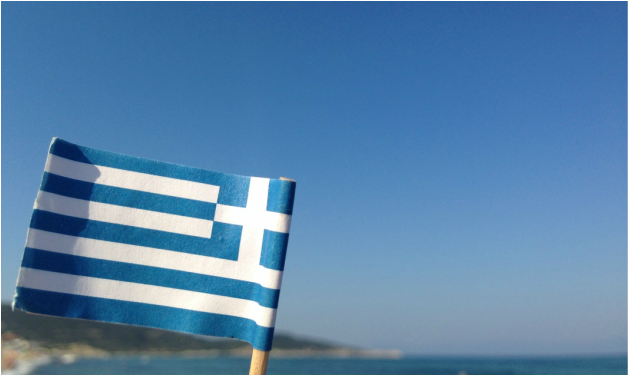
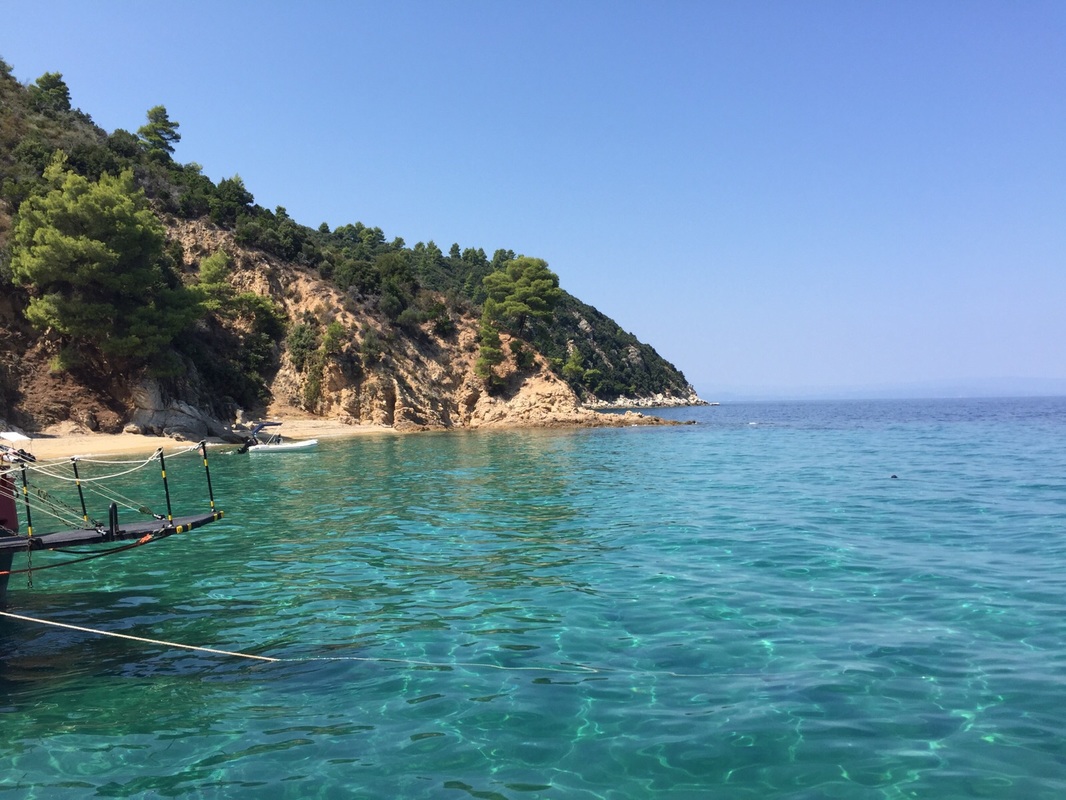
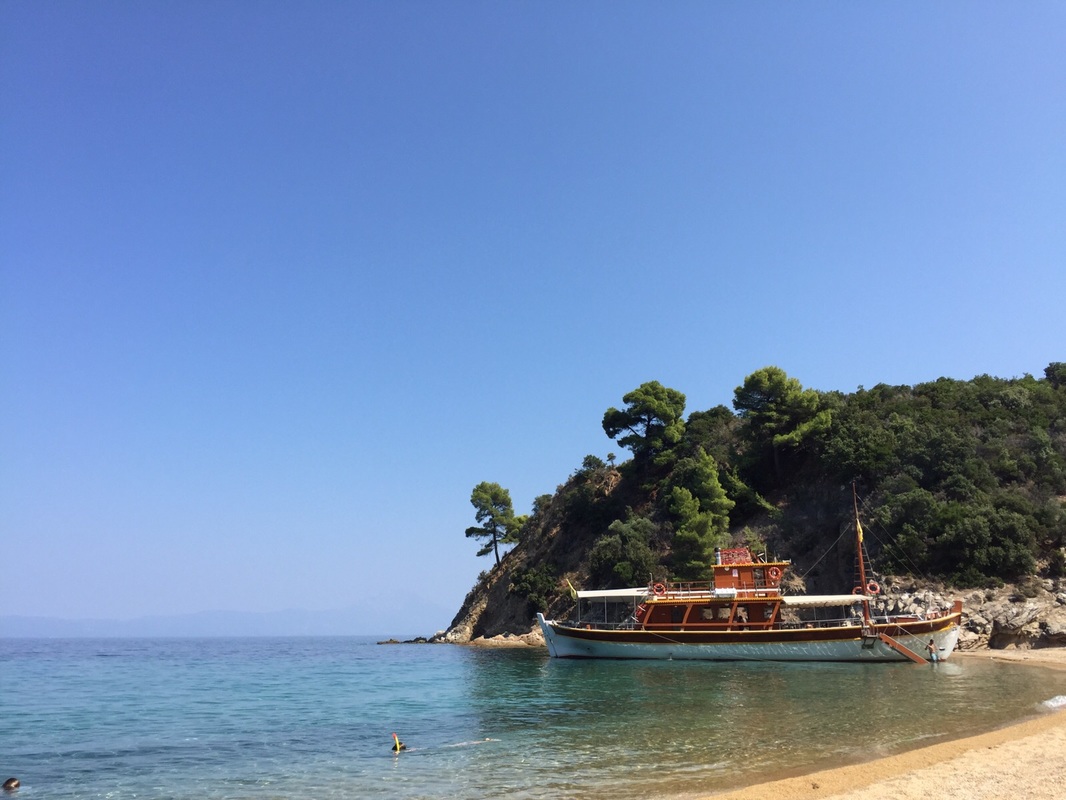
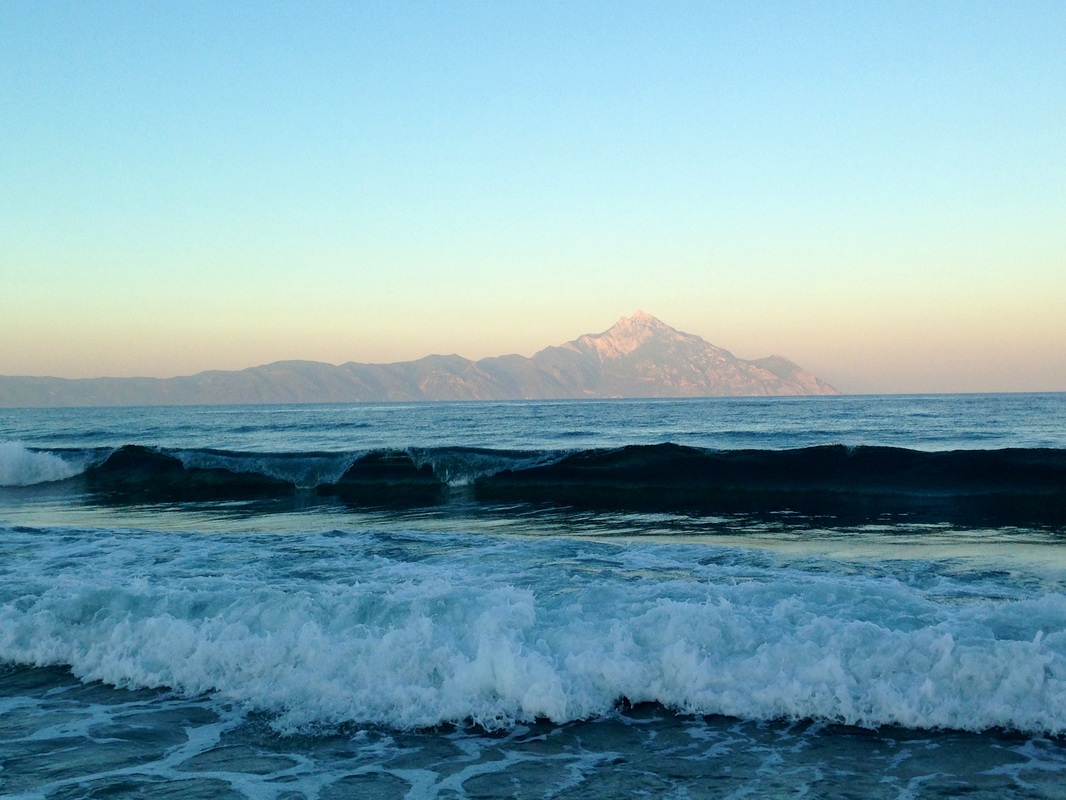
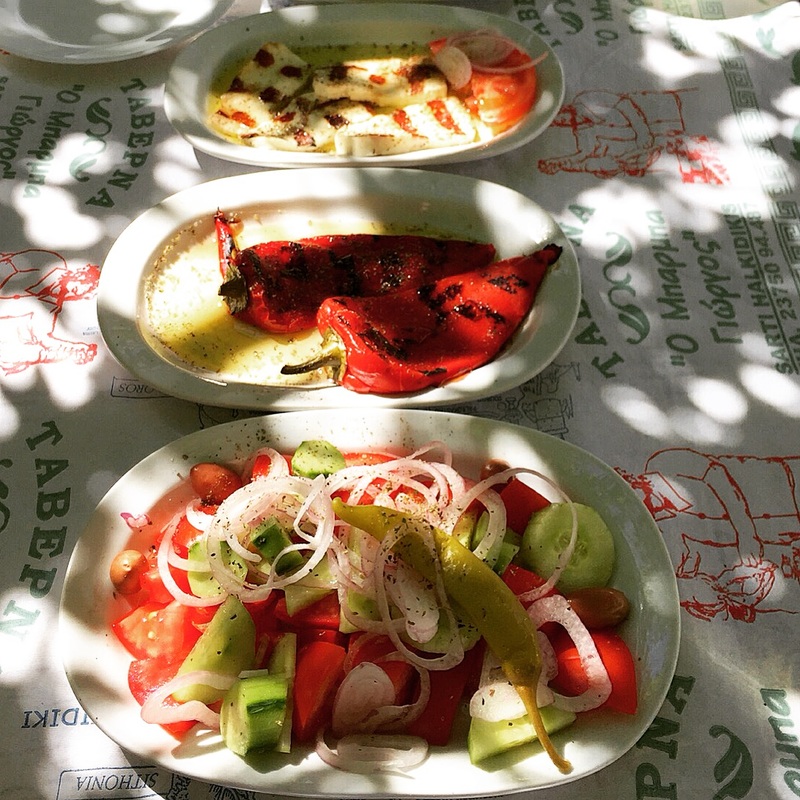
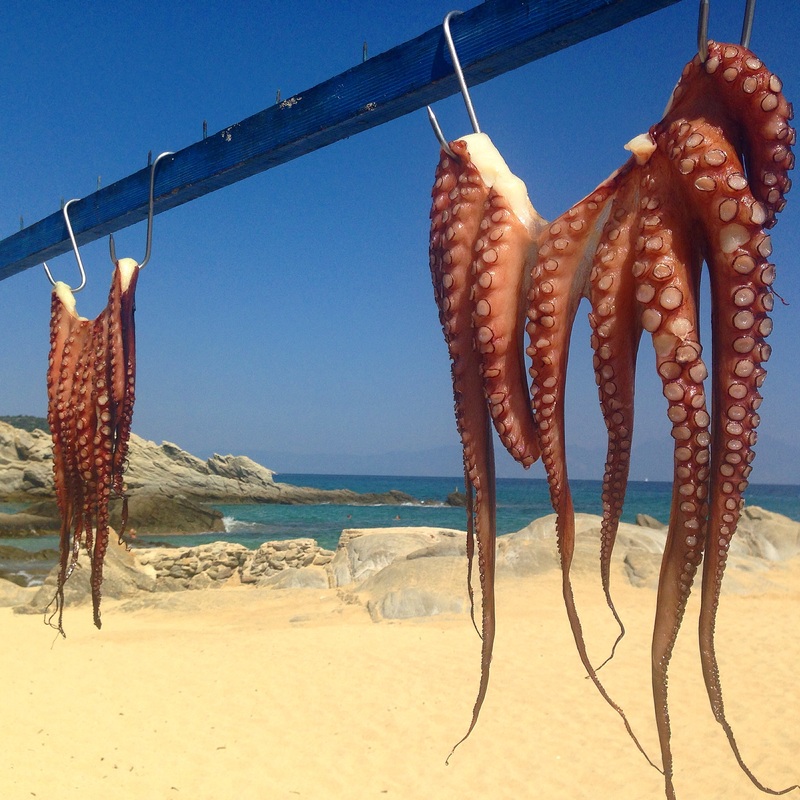
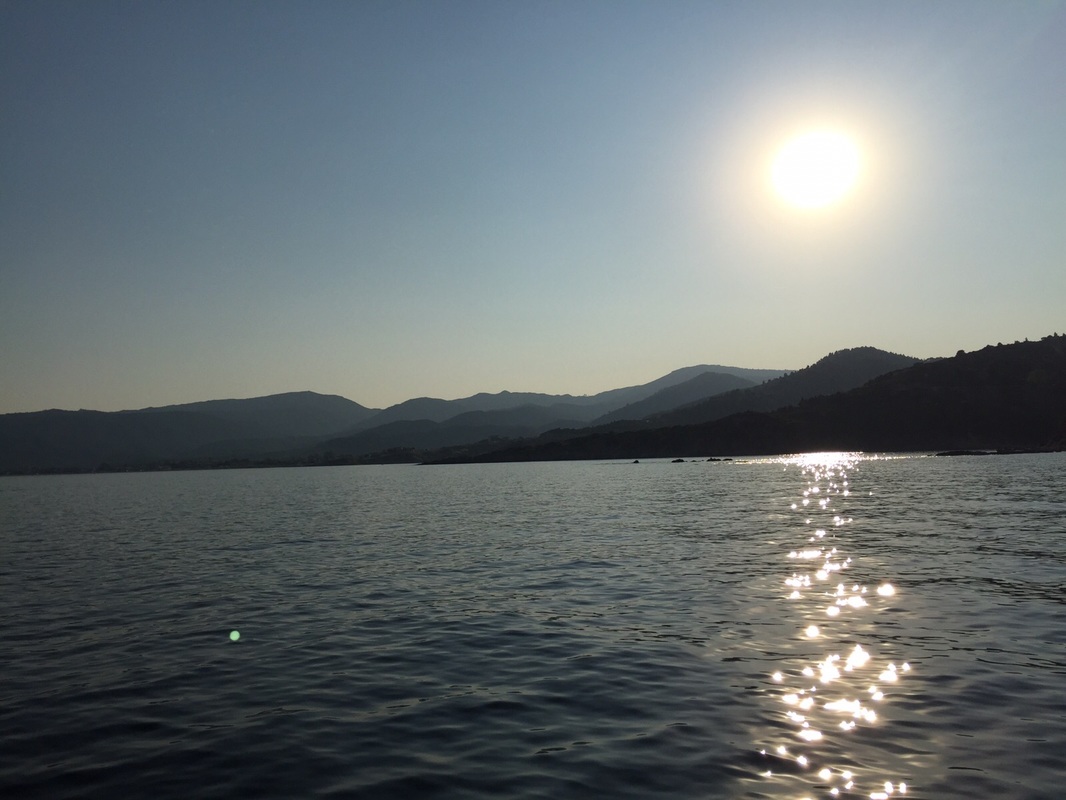
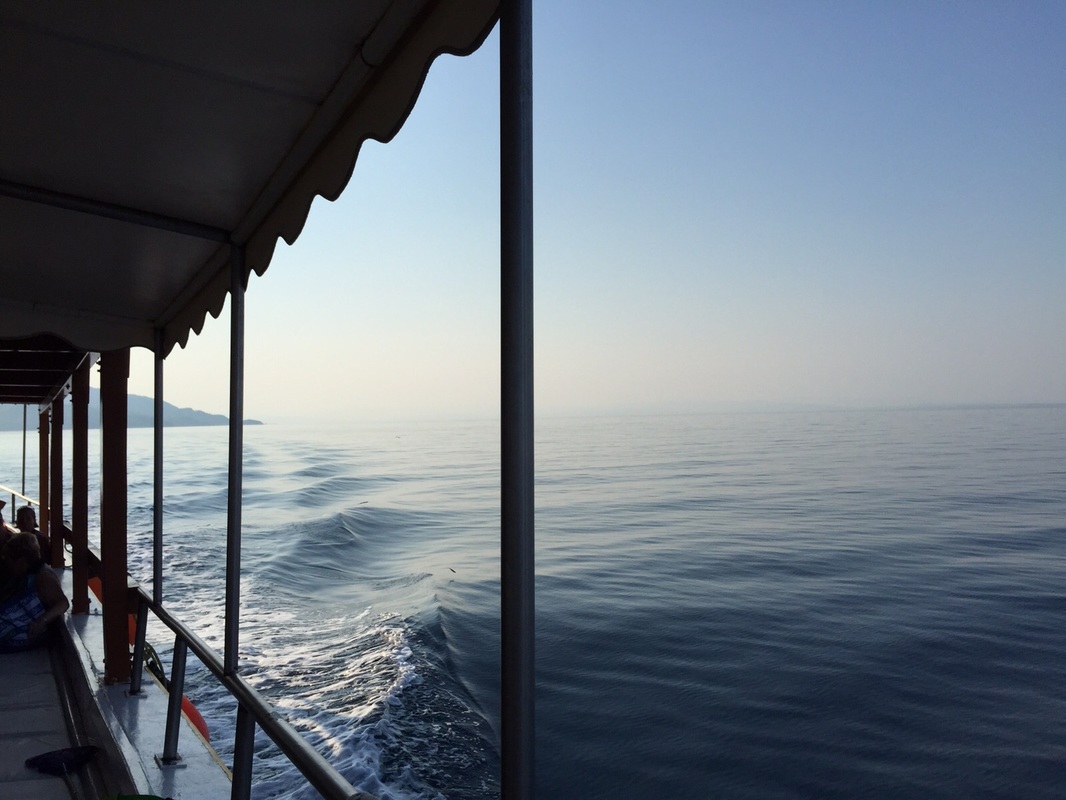
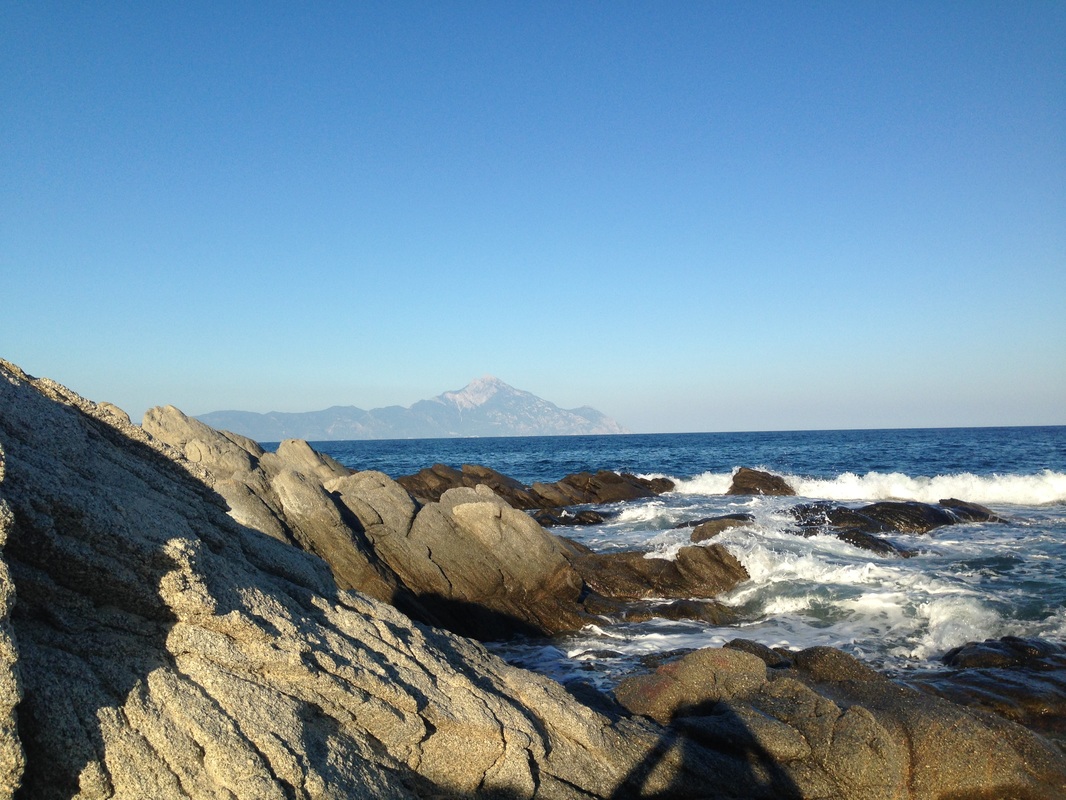
 RSS Feed
RSS Feed